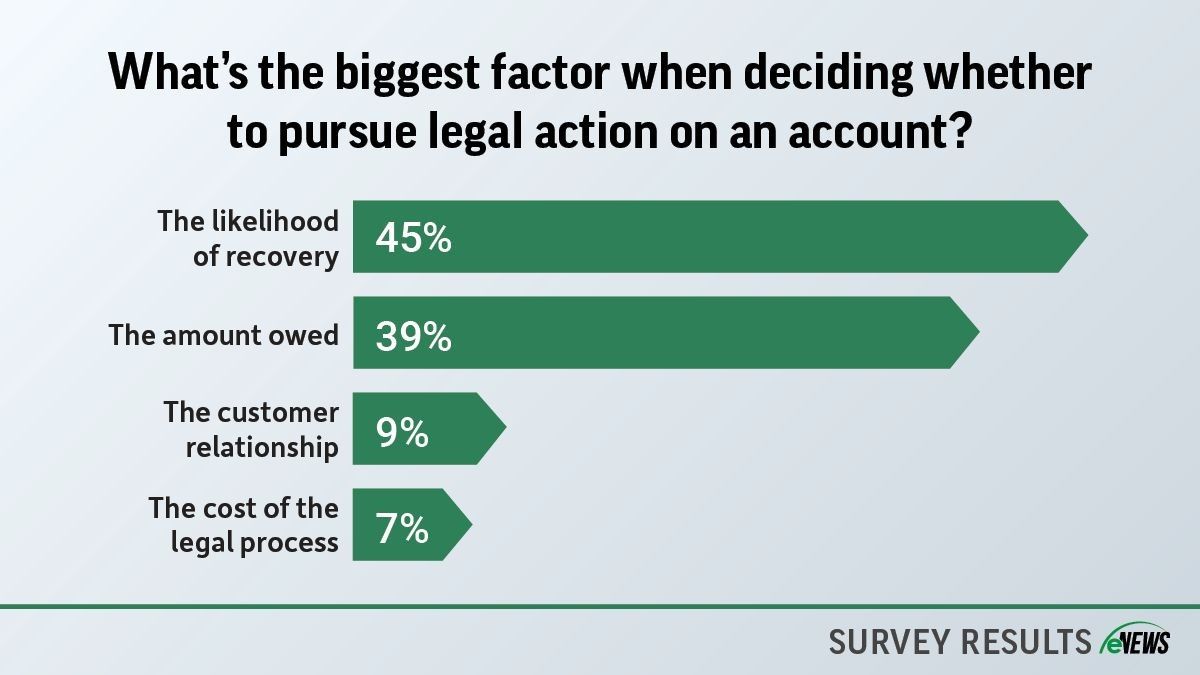Business Practices, eNews, Leadership
Delegation of Authority Is the Blueprint for Effective Credit Management

A written delegation of authority (DOA) is a crucial document in any organization, serving as a blueprint for effective management and decision-making. The DOA is meant to define and clarify roles, responsibilities and levels of authority of individuals within the organization. By clearly outlining who has the power to make specific decisions or take certain actions, it minimizes confusion, reduces the risk of duplicated efforts and empowers employees to take accountability.
This document is essential for maintaining operational efficiency. And in times of transition or crisis, a well-defined delegation of authority provides stability and guidance, allowing for the smooth continuation of operations. A DOA is especially important for positions that are in charge of multiple tasks. For example, approving credit lines and payment terms, treating of past due accounts, approving letters of credit and treating of nonpayment events.
A DOA should identify all of the risk-associated decisions made by the credit department using a matrix. As the risk or credit line increases, the approval must come from higher up in the company. For example, a credit analyst can approve a $1 million credit line, but CFO approval is needed for a $20 million credit line.
A thorough delegation of authority document must include the following:
- Title and Purpose: Begin with a clear title and a brief statement explaining the purpose and scope of the document.
- Delegator and Delegate: Clearly identify the delegator (the person assigning authority) and the delegate (the person receiving authority). Include their names, positions and contact information.
- Authority Limits: Define the limits of the delegated authority. Specify what decisions or actions are excluded from the delegate’s purview.
- Reporting Structure: Describe how the delegate will report back to the delegator. Include any reporting frequency and format requirements.
- Duration and Renewal: Specify the duration of the delegation, whether it’s permanent or temporary and any procedures for renewal or modification.
- Review and Update: Specify how and when the document will be reviewed and updated, ensuring its relevance as the organization evolves.
- Succession Plan: Include details about what happens in case the delegate is unavailable or unable to fulfill their role.
Although most professionals see delegation of authority as an essential leadership and management skill, some leaders see delegation as one of the hardest tasks to complete. As an illustration, some leaders might believe that explaining the task requires more time than personally completing it. Or in some cases, a leader may think their way is the only way to complete the task correctly. However, delegating tasks does not mean you are fully abandoning your role as a leader.
Transferring a job through delegation requires a foundation of trust and confidence in the individual to whom you are entrusting authority. In fact, 35% of CEOs acknowledged the need to strengthen their delegation skills, while 37% said they are actively trying to enhance their delegation skills, according to a survey conducted by Stanford University.
Some credit professionals in managerial roles work with their CFO or COO in order to delegate the proper responsibilities. “We figured out the proper threshold for our business to have certain decisions over a certain dollar amount escalated up the chain of management,” said JoAnn Malz, CCE, ICCE, NACM chair elect and director of credit and collections at The Imagine Group, LLC (Shakopee, MN). “From a control standpoint, when auditors come in, they are seeing our company use consistent standard processes and when they look for proper approvals, it’s very defined.”
Important business decisions should include more than one person or department. “No single person could possibly make all day-to-day business decisions in an organization,” said George DeMakis, credit manager at Scafco Corporation (Spokane, WA). “A written delegation of authority can help lower-level managers to develop the skills necessary to move into higher-level positions and can also help to identify managers who are not ready for higher-level positions and where they might need help in developing the necessary skills.”
Not only can an overwhelming workload lead to an unsustainable level of responsibility for one person, but it also can impose a significant level of risk because of the lack of team involvement. Having a delegation of authority can also help prevent fraud because decision-making can become based on one viewpoint without consideration of a multitude of factors. “There would be no diversity in the decision process,” said DeMakis. “Business decisions should include input from all levels, with the final say up to a group of senior management making recommendations.”
The challenge of operating through a DOA can be a double-edged sword. It can lead to the person in charge making decisions not based on their expertise with potential of losses to the company, but more for personal gain. For example, approving an order to get commission from a riskier customer that does not end up paying. “The organization is vulnerable if one person is solely responsible for a critical task or decision and that person is unavailable or makes a mistake,” said DeAnna Leahy, CCE, NACM chair and corporate credit manager at Sunroc Corporation (Orem, UT). “Delegation fosters better communication and collaboration within teams because team members need to communicate effectively to fulfill their responsibilities, bringing a sense of teamwork.”
Checks and balances should always be implemented within all department structures to ensure an even separation of job duties. For example, having a system of checks and balances in place can reduce any risk in someone unknowingly agreeing to terms that go against company policy. “A defined delegation structure in place regarding who can sign contracts, purchase orders, lien waivers or trade references is vital to the well-being of the organization,” said Alaina Worden, CCE, credit and collections manager at CECO (Portland, OR). “Fraud is more susceptible if standard processes of authority do not include double check processes, or multiple approval levels depending on the request.”





